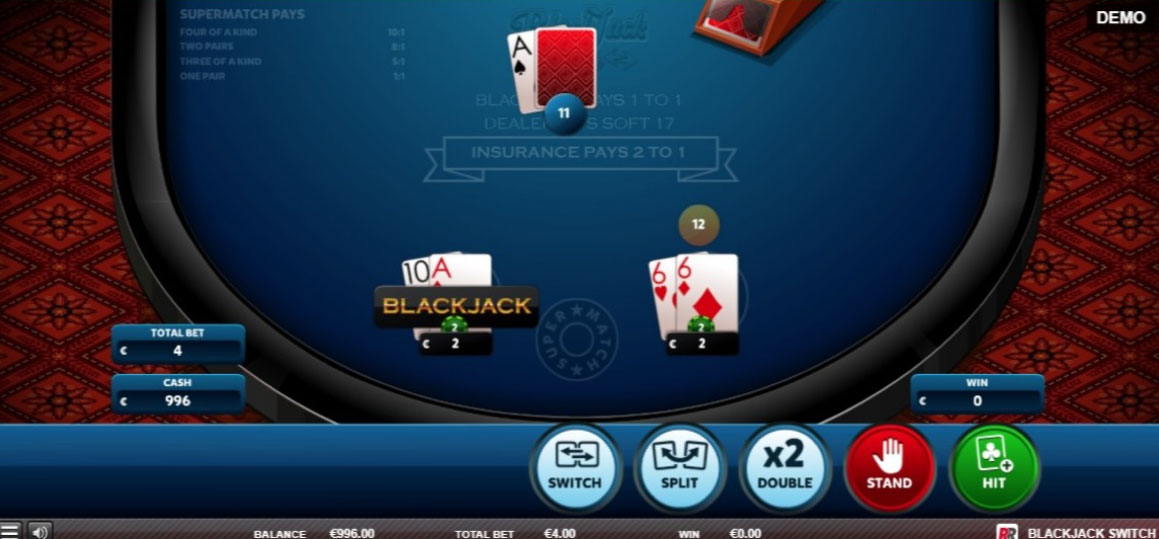When To Buy Insurance Blackjack
- Insurance In Blackjack Explained
- When To Take Insurance Blackjack
- Should You Ever Buy Insurance In Blackjack
- Blackjack Insurance Rule
The main reason blackjack insurance is offered is that many players take insurance. Almost 100% of the time, this is a mistake. Insurance in blackjack is a sucker bet–you should never take it. A few exceptions to that rule exist. One gambling expert wrote “insurance. When the online blackjack dealer happens to land a face-up card that is an Ace card, this is the only time when the dealer will give each online blackjack player (currently playing at that moment in time at that blackjack table) the opportunity to buy blackjack insurance.
Insurance is a word that most people are familiar with. You buy insurance just in case you get in a car accident with an uninsured driver, just in case you die and just in case you break your arm after falling off your ladder while hanging Christmas lights. You pay a premium up front and if or when the inevitable happens, the insurance companies takes care of (most of) the cost.
Insurance In Blackjack Explained
With traditional insurance in mind, I think a lot of players confuse what insurance is as a side-bet in blackjack. Insurance (in blackjack) is not as good as it appears. My goal for this article is to explain exactly what blackjack insurance is, and why you should avoid it like the plague.
Insurance is a side-bet that dealers offer to players whenever they have an ace showing. The idea behind insurance is to protect your bet just in case the dealer has a blackjack.
How Does Insurance in Blackjack Work?

When a dealer has an ace showing they’ll ask you if you want insurance. This is before they check for a (natural) 21. If you take the insurance you can wager as much as half of your original bet. For example, if your original bet was $10 you can pay as much as $5 for insurance.
Once the insurance bet has been placed the dealer will then check for a blackjack. If the dealer has a blackjack you’ll be paid 2-1 on your money (insurance bet). If you wagered $5 you’d receive $10. However, unless you have a blackjack, too, you will still lose your original bet, breaking even overall. If the dealer doesn’t have a blackjack, you’ll lose your insurance bet and will still have the opportunity to play your hand like normal.
Another insurance-like situation you may find yourself in is if you have a natural blackjack and the dealer has an ace showing. The dealer will offer you even money on your bet. In other words, if you bet the maximum of $5 insurance on a $10 bet and the dealer has a 21, you’ll push on the blackjack, but win 2-1 on your insurance. So you’d be up $10. However, if you take the insurance and the dealer doesn’t have a blackjack, you’ll lose your $5 bet and win 2-1 on your blackjack ($15) for a total of $10. Either way, you walk away with an even money win.
So… Should You Take Insurance or Even Money Side-Bets?

No. Experts recommend that you pass on insurance bets.
The reason why passing on insurance in blackjack is recommended is because the dealer will only show up with a blackjack 30.87% of the time. However, to breakeven on the insurance bet you need a 10-point card to show up 1 out of 3 times (33%). So every time you take this bet you’re taking a minor loss over the long run, assuming you max your insurance bet (half the original).
There are exceptions, of course. For example, if you’re a card counter than you would know how many 10-point cards are left in the deck. So if the deck is rich with 10-point cards it would make sense to take the insurance bet. If the deck is poor with 10-point cards you’d pass on insurance.
You could even make the argument that you don’t have to be a card counter. In fact, if you simply pay attention to the cards dealt and notice that there are more 10-point cards then you could pass on insurance, or vice versa. The difference here (from counting cards) is that you’re not as accurate, and would likely be making a breakeven play, or at best a slight win/loss.
At the end of the day, though, taking insurance is going to be a -EV bet for the majority of players. To give you a better idea of how insurance affects the house edge, just look at these numbers:

- 1 Deck – 5.88%
- 2 Decks – 6.8%
- 4 Decks – 7.25%
- 6 Decks – 7.4%
- 8 Decks – 7.47%
Not very appealing, right? So unless you know how to count cards you should avoid taking the insurance bet in blackjack like the plague. Unless you like losing, of course.

When To Take Insurance Blackjack
| To Buy or Not to Buy - Blackjack Insurance That Is | ||
|
Should You Ever Buy Insurance In Blackjack
| Latest Articles |
|